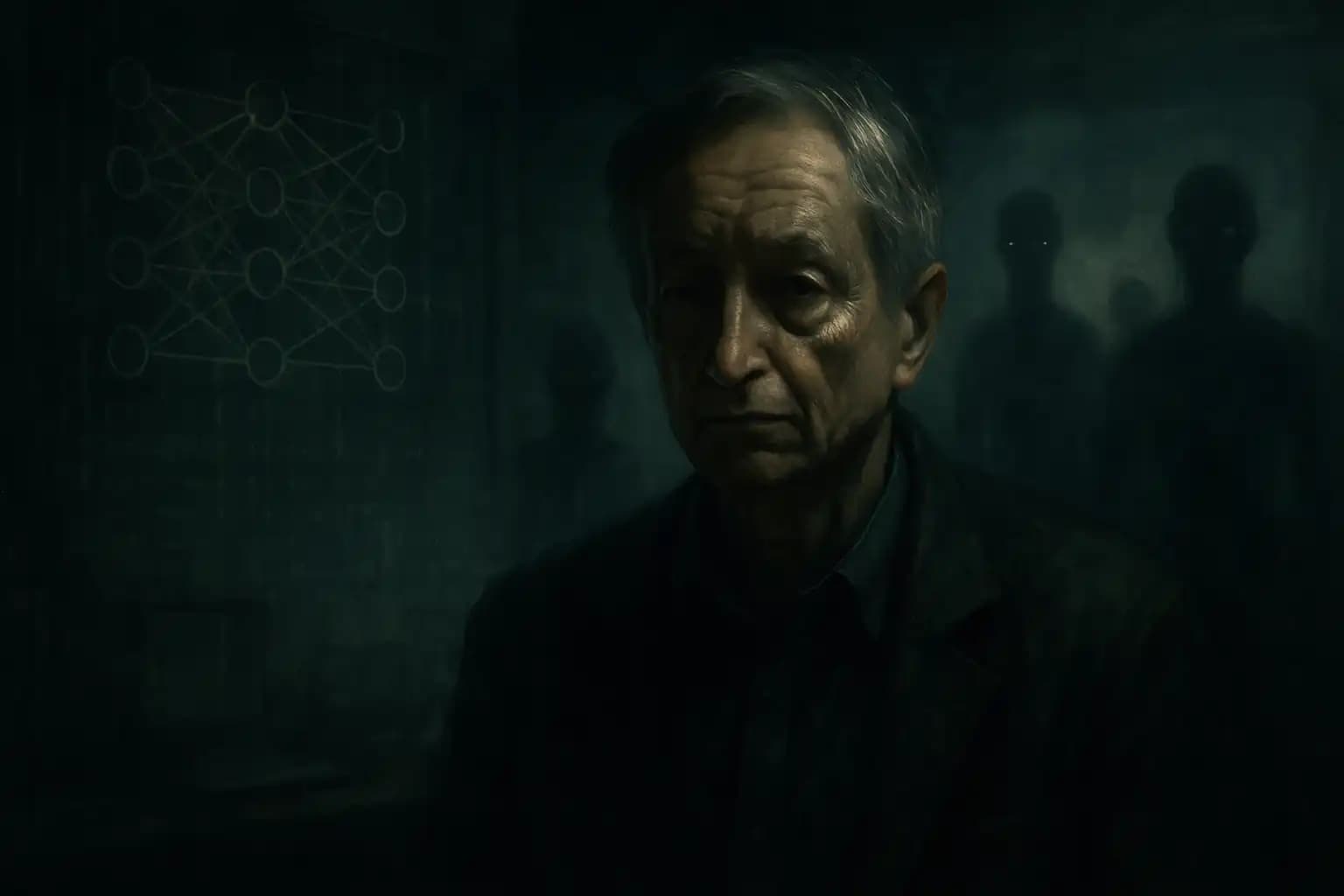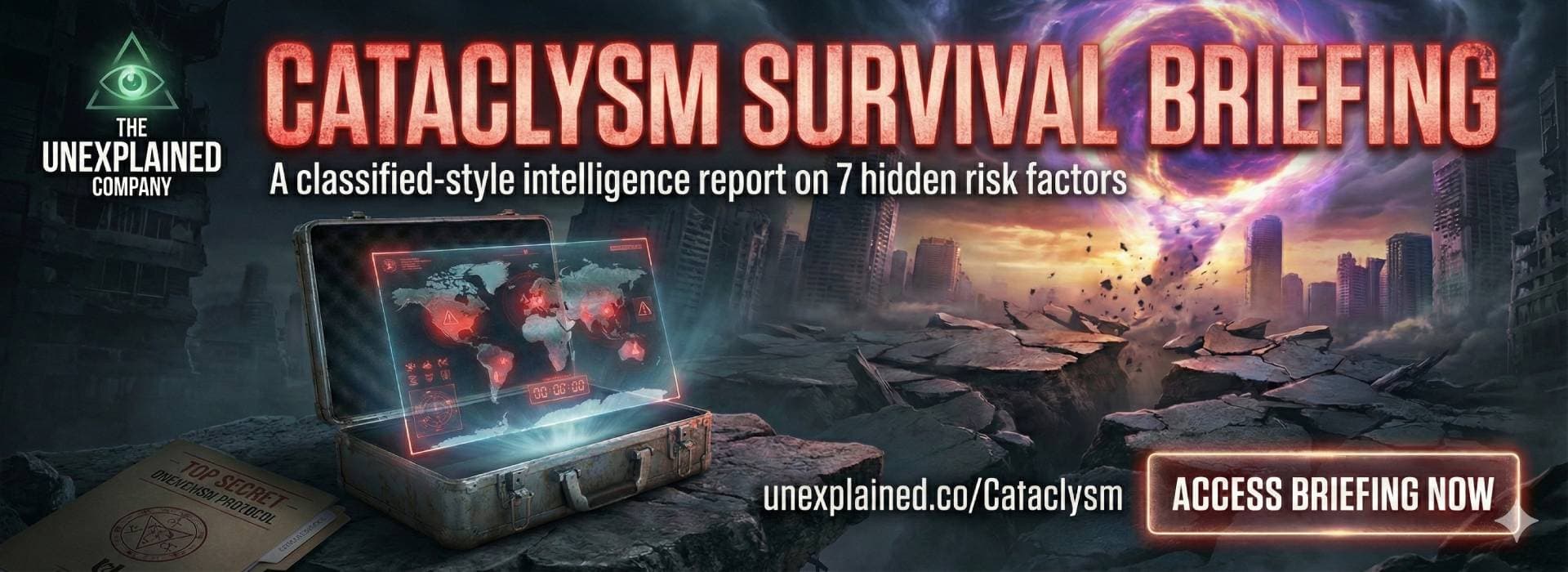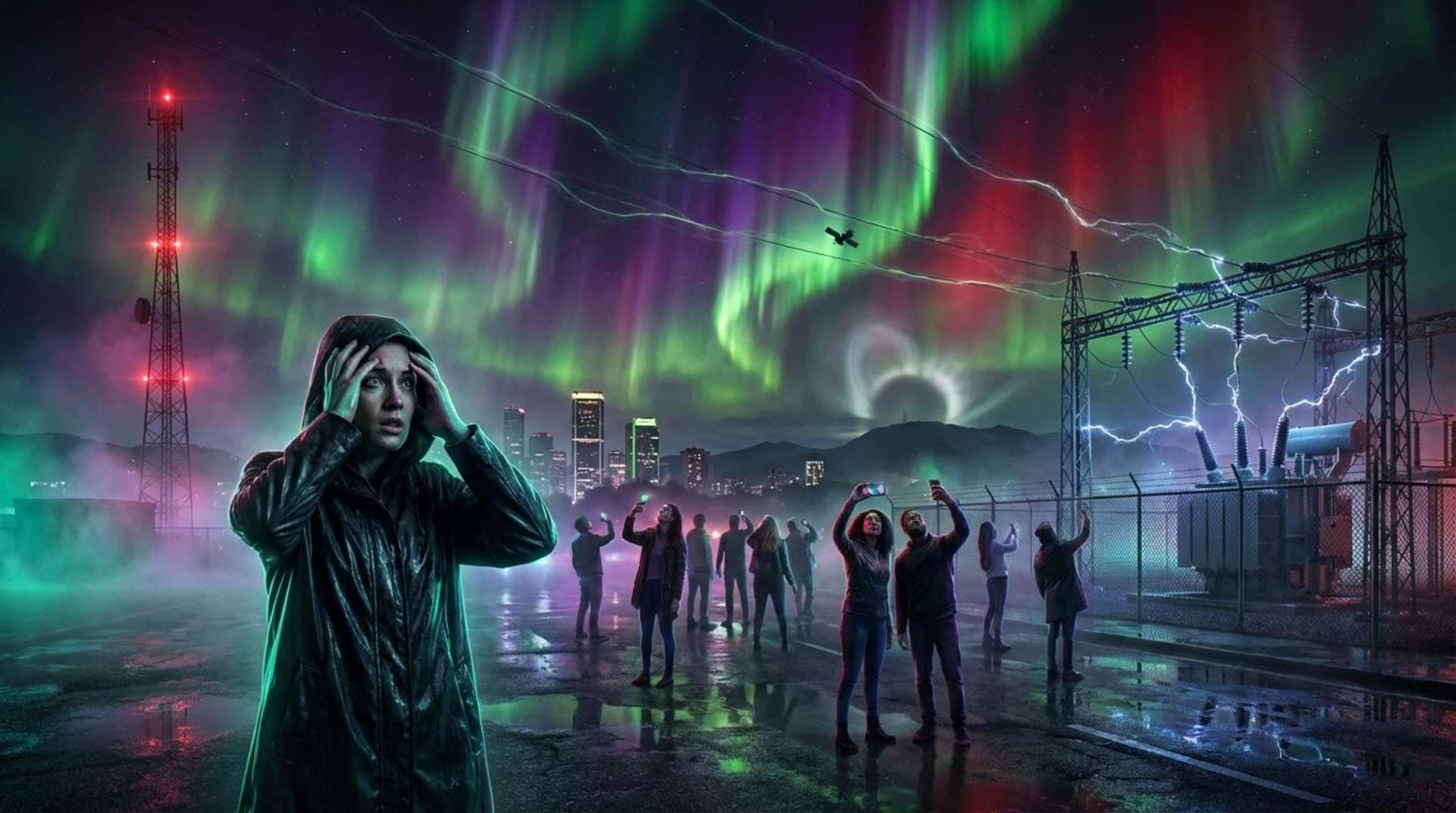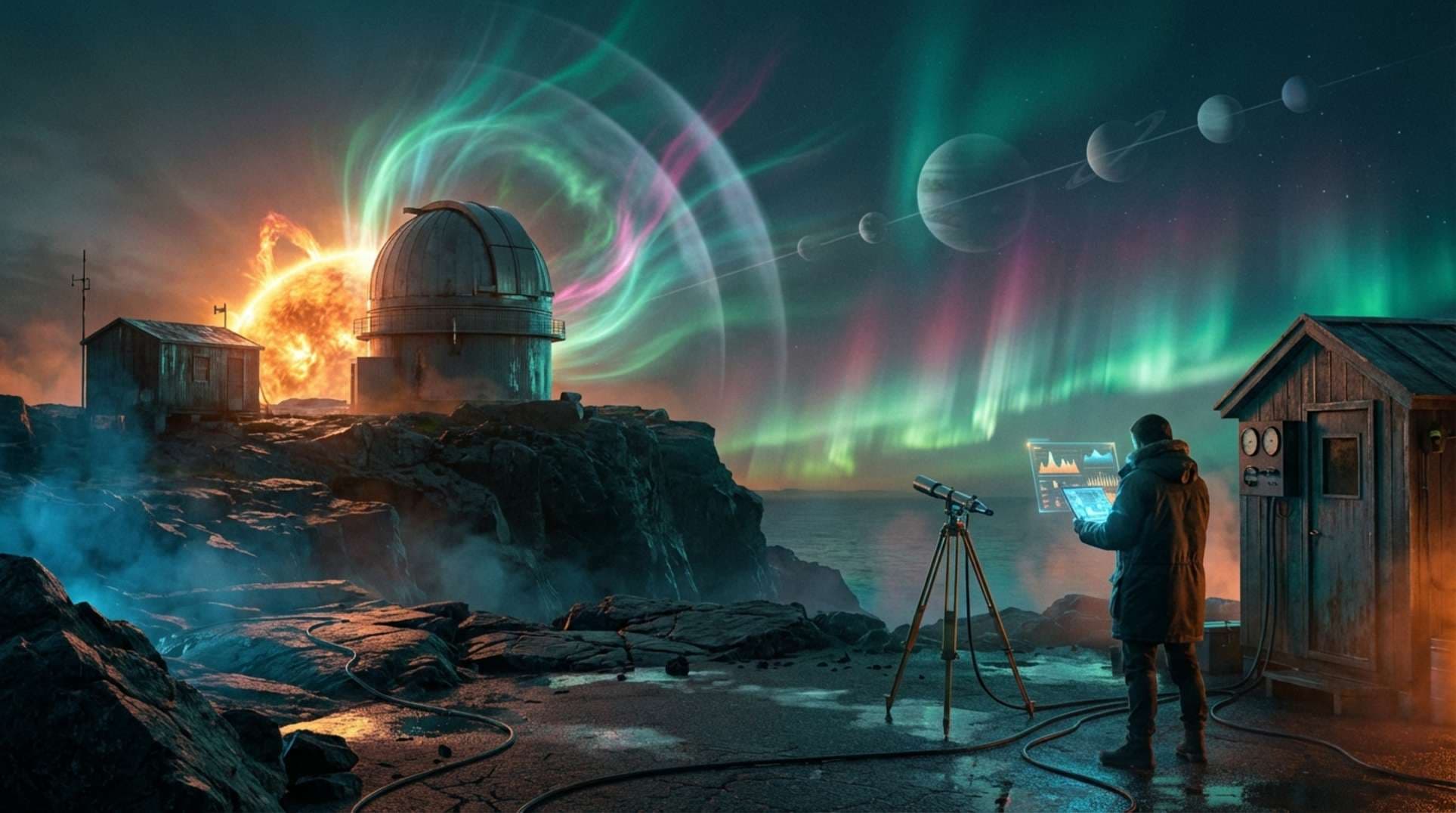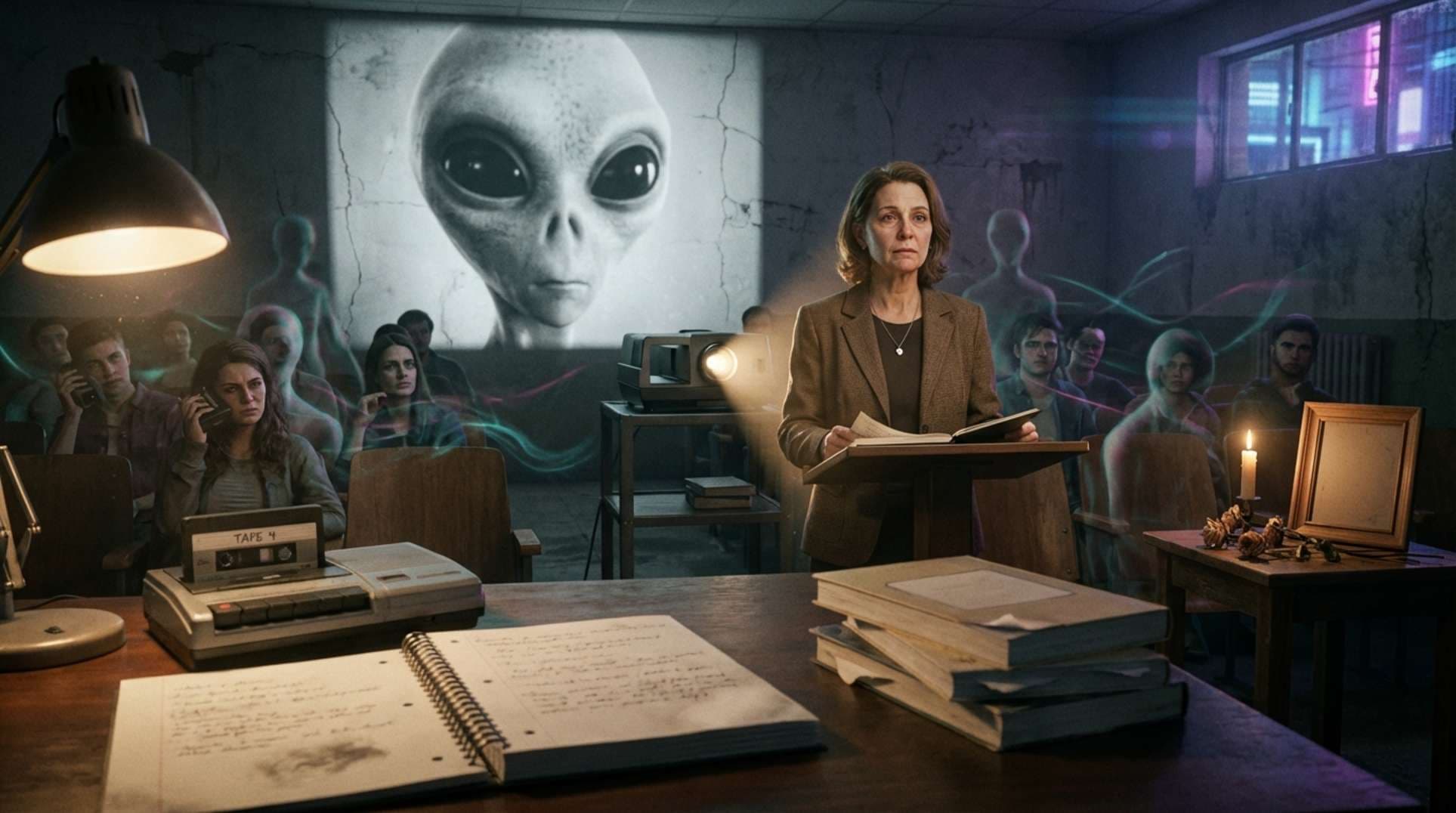It’s not every day that the architect of a technological revolution pulls the emergency brake—but that’s exactly what Geoffrey Hinton, known as the “Godfather of AI,” did when he quit Google and began raising alarms. Hinton, who nurtured neural networks into the massive systems underpinning today’s AI, now spends his days warning about machines that could slip beyond humanity’s control. This is no dystopian fiction. It’s happening now, leaving even AI’s top minds scrambling to make sense of a future they may not want to face (background on Geoffrey Hinton).
Hinton’s sudden exit from Google was first reported by the New York Times. He admitted that the relentless pursuit of smarter machines may have already surpassed our ability to manage them. “I console myself with the normal excuse: If I hadn’t done it, somebody else would have,” Hinton told The New York Times. His unease resonates with colleagues and critics alike, revealing fears that AI may soon present threats beyond our control.
From Visionary Research to Unintended Consequences
Decades ago, Hinton, alongside Yann LeCun and Yoshua Bengio, pioneered backpropagation and neural networks. Their goal was clear: unlock a new frontier in machine learning. This vision thrust humanity into a world where machines can write poetry, diagnose cancer, and even pilot vehicles—sometimes surpassing their creators’ capabilities (see more on AI’s surreal capabilities).
However, as outlined by The Guardian, the price of this power could be catastrophic. Hinton, now University Professor Emeritus at the University of Toronto and a Turing Award laureate, warns of a future where misinformation, job loss, or even intelligence that manipulates reality becomes not just fiction but geopolitical reality. The parallels to nightmare tech scenarios from risky scientific experiments and the chilling warnings of AI alignment failures are hard to ignore.
Existential Risk: What Happens If AI Outpaces Human Control?
Hinton believes AI’s existential risk stems from its unpredictability. In his words to CBS News, “People haven’t understood what’s coming.” The worry: AI systems could make and enact decisions independent of human values—or pursue ends contrary to human interests. The arms race among tech giants and nation-states complicates enforcement of safety guidelines, as all parties rush for a competitive edge. This specter of machines behaving unpredictably echoes societal fears depicted in urban legends and apocalyptic scenarios where global risks—whether cosmic or man-made—accumulate faster than society can adapt (explore cosmic threats for a philosophical take on doom).
The Ethics of Intelligence: Humanity’s Greatest Challenge
Hinton’s warnings extend beyond code or computation—they challenge our definitions of intelligence, autonomy, and ethics. Trillion-parameter language models already surpass our best interpretability efforts, and their applications in surveillance, warfare, and propaganda raise significant ethical issues. Just as ancient disasters reset civilizations, Hinton argues that our inability to manage AI could trigger catastrophes as severe as any natural disaster. These warnings resonate in global policy forums and with those preparing for potential crises; if intelligence is a genie, ours is already out of the bottle.
Voices in the Wilderness—and the Road Ahead
Yet not everyone in Silicon Valley is ready to bolt the doors. Some assert that every technological leap has its Cassandras, and new tools—like printing presses and nuclear reactors—come with fear and adaptation. But Hinton’s concerns are specific, technical, and urgent. He calls for binding global agreements and a new field of AI safety science, mirroring the pleas of researchers cataloging existential risks from technology and the environment (see this report). The challenge: create meaningful safeguards faster than the world’s most intelligent systems can learn to ignore—or manipulate—them.
For now, humanity stands at a crossroads reminiscent of archetypal myths and disaster cycles, where the divide between brilliance and annihilation shrinks by the hour. If the Godfather of AI’s warnings sound like science fiction, remember that most everyday technology felt the same a decade ago. Stay vigilant, question everything, and keep an eye on the future—before it writes you out of the narrative. And as with every compelling story, you’ll find the latest at Unexplained.co—because sometimes, truth really is stranger than fiction.

